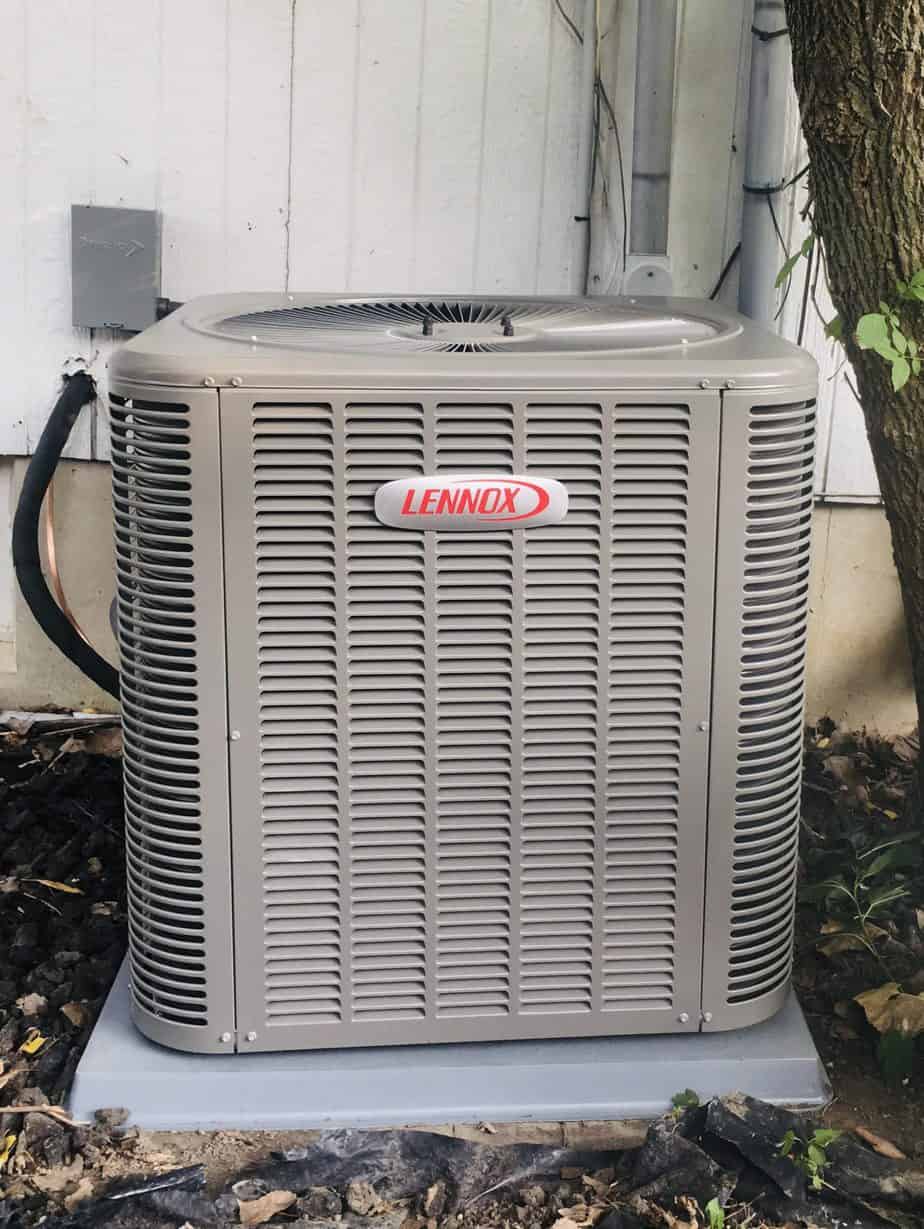Your HVAC unit has a key role in ensuring comfort throughout your living space throughout the changing seasons. It not only regulates temperature but also influences indoor air quality and power efficiency. But, like any major home device, your HVAC system has a duration and may require an upgrade after years of service. Recognizing the signs that your system is having issues can protect you from unexpected breakdowns and greater energy bills in the end.

If you notice yourself often changing the thermostat, facing unsteady temperatures, or dealing with increased energy costs, it could be time to evaluate your HVAC system. In this article, we will explore the main signs which indicate your HVAC system could need an upgrade. By grasping these alert signals, you can make educated decisions about your heating and cooling systems and invest in solutions that improve both comfort and efficiency in your home.
Comprehending HVAC Systems
Heating, ventilation, and air conditioning stands for heating, air flow, and air conditioning. These units are essential for maintaining comfortable indoor temperatures and air purity in houses and buildings. The main function of an HVAC system is to control temperature, ensuring that rooms are cozy during winter months and chilly in the hot season. Moreover, these systems play a vital role in filtering and circulating atmosphere, which contributes to a healthy indoor environment.
How your heating and cooling system works comprises various components, including heaters, cooling units, duct systems, and temperature controls. The heating element warms the air, while the air conditioning system cools it. Ventilation occurs through the movement of air inside and outdoors, allowing fresh air entry while removing stale air. Comprehending these components helps homeowners recognize when their units may require attention or upgrades.
Frequent HVAC problems can arise over time, leading to reduced performance and higher energy costs. Problems such as clogged filters, worn-out parts, or duct leaks can hinder operational efficiency. Consistent maintenance is crucial for extending the longevity of your HVAC system and making sure it operates at optimal performance. By noticing signs of wear and tear early on, homeowners can make wise choices about repairs or necessary improvements.
Frequent HVAC Problems and Resolutions
One of the most frequent problems homeowners encounter is insufficient heating or cooling. This issue often arises from clogged filters, obstructed ducts, or faulty thermostats. Regular maintenance, including replacing air filters and ensuring proper airflow, can alleviate these issues. If the problem continues, it may be advisable to consult a professional to diagnose potential problems with the HVAC system's components.
Another frequent issue is strange noises emanating from the HVAC unit, such as thumping, grinding, or squealing sounds. These noises can indicate unsecured or damaged parts, worn bearings, or even debris in the blower. Homeowners should investigate these sounds promptly, as they can lead to more severe damage if left unaddressed. Scheduling regular maintenance can help identify and fix these issues before they escalate.
Finally, increased energy bills often signal inefficiencies in an HVAC system. These inefficiencies can stem from old units, poor insulation, or inaccurate thermostat settings. Homeowners can improve energy efficiency by insulating ducts, replacing to Energy Star-rated units, and using smart thermostats to optimize heating and cooling schedules. Evaluating and tackling these issues can lead to significant savings and increased comfort.
Deciding on and Managing Your HVAC System
When choosing an HVAC system for your home, it is crucial to take into account factors such as the space of your home, local climate, and energy performance ratings. Carrying out a load calculation helps identify the correct size of the unit, ensuring ideal performance without wasting money on energy bills. It is also advantageous to explore innovative options like ductless mini-split systems or geothermal heating and cooling, which may offer improved efficiency and flexibility compared to standard systems. Researching various brands and talking to HVAC professionals can also guide you towards a system that most effectively satisfies your needs.
Once your HVAC system is installed, routine maintenance is vital for its durability and efficiency. Periodic tune-ups, which include cleaning filters, inspecting ductwork, and checking components, help prevent breakdowns and increase the life of your system. Keeping an eye on your energy costs can also be a helpful indicator of your system's condition; any sudden increase in costs can signal issues that need to be resolved promptly. Scheduling maintenance in the spring and the fall prepares your system for the difficulties of extreme weather, ensuring dependable performance year-round.
Adding in a smart thermostat can improve your HVAC system's efficiency even more. These devices allow you to configure temperature settings based on your schedule, helping to minimize energy consumption while maintaining comfort. Additionally, incorporating https://www.berkeys.com/fort-worth-air-conditioning/ -quality air filters can boost indoor air quality, lower allergens, and shield your system from dust and debris buildup. Overall, a careful approach to choosing and maintaining your HVAC system will result in higher performance, decreased energy costs, and a better home environment.
